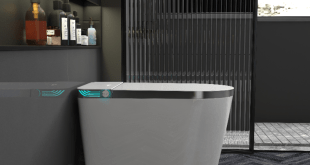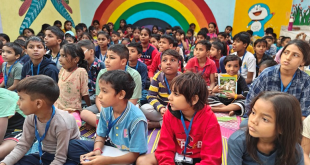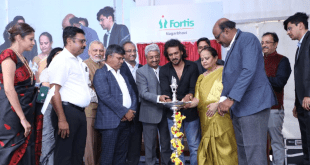Varanasi: While the country is seemingly experiencing another wave of a rapidly spreading omicron variant, has generated a lot of fear and apprehension leading to panic. Fortunately, almost everybody affected by the new variant is recovering within a few days of care at home. Nonetheless, we need to keep our guard up all the time taking due precautions because the current wave, though largely caused by omicron variant, is still having cases with delta variant which has a potential to cause more severe disease.
In such a scenario, though cancer patients are more vulnerable to catch infection,they should not neglect or delay their cancer treatment, for the fear of COVID. Those treated for cancer in past and doing fine currently are also concerned. Similarly, many patients who have been suspected to have cancer by their doctors, are knowingly delaying the confirmatory tests and waiting for this current wave to subside. There is a dire need to understand that when there is suspicion of a cancer, then it should not be ignored and appropriate tears must be conducted while observing precautions for COVID.
It is recently reported that over 90 percent of COVID infected patients in the current wave recovered at home, some of them requiring hospitalisation, with only a few needing critical care. Mortality rate with adequate treatment during delta wave was around 1.5-2.0 percent and is lower than that with omicron. However, if cancer treatment is delayed, it continues to increase / spread and chance of cure decreases.
“Though it is true that the complications including mortality of COVID-19 are higher in cancer patients on treatment because of immunosuppressive effect of certain types of treatment. But is also true that cancer patients under treatment are more susceptible to get COVID-19 infection. However, the mortality due to COVID-19 infection for cancer patients is still less significantly less as compared to those with high BP, Diabetes or Cardiac disease. Any combination of these diseases would increase complications further. Thus, it is advised for such patients, not to panic, and
continue their treatment. Those who have completed their treatment atleast three months ago are not at any additional risk as compared to the normal population.” Said Dr Vedant Kabra, Principal Director, Surgical Oncology, Fortis Memorial Research Institute, Gurugram
COVID vaccination is one of the major issues among the cancer patients, cancer survivors and their caregivers, whether it needs to be administered or check for its efficacy and safety. Pertaining to the fact that there is no data to show any immediate safety risk of approved vaccines on cancer patients, it is advisable to administer the one which contains live virus made incompetent to replicate, rather than Vaccines containing live virus that is capable of replication.
Although larger trials done so far have excluded cancer patients, there is evidence from a study done in the USA that vaccines work in cancer patients as well and generates adequate antibodies after two doses of vaccine. Similar studies for other vaccines are not available yet but there is no evidence that they don’t work in cancer patients. The immune response of a cancer patient may be blunted as compared to general population thus they should continue to take general COVID precautions even after completing vaccination.
“All major cancer guidelines have recommended vaccination of patients undergoing cancer treatment. In fact, those on active treatment are more vulnerable for COVID-19 infection and its complications and should be given a priority in vaccination. The vaccination date should be planned in between the treatment cycles such that the immune system is not compromised. Please consult your oncologist regarding the time of vaccination. For those undergoing cancer surgery, vaccine can be administered either before or after surgery, preferably before giving an adequate gap pre or post-surgery (usually around 2 weeks but can be given even up to one week prior to surgery or after surgery in case of good recovery post-surgery)” added Dr Kabra
Maximum protection is achieved 2-3 weeks after the last dose but vaccine efficacy in the setting of the weakened immune system of cancer patient is unknown. Vaccine is shown to decrease the severity of disease and mortality but there is still a possibility of getting infected and transmit it further. Thus everyone should continue to take precautions, especially cancer patients and their caregivers.
 Newspatrolling.com News cum Content Syndication Portal Online
Newspatrolling.com News cum Content Syndication Portal Online






